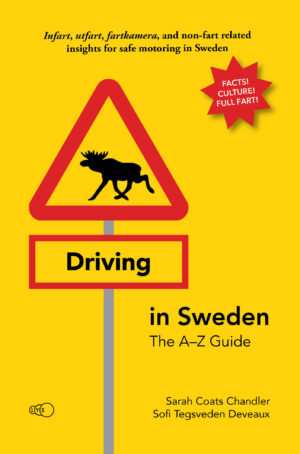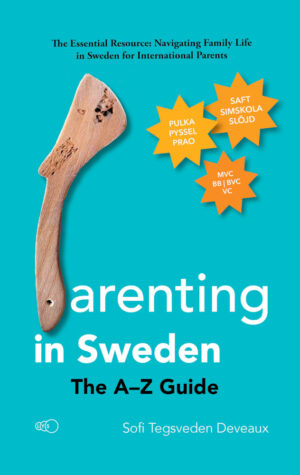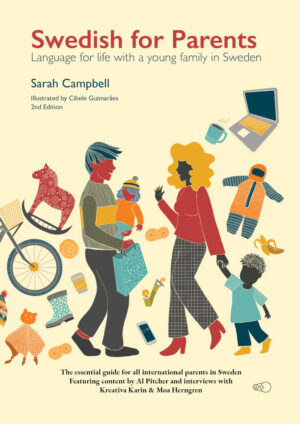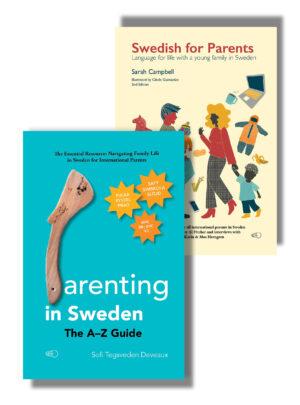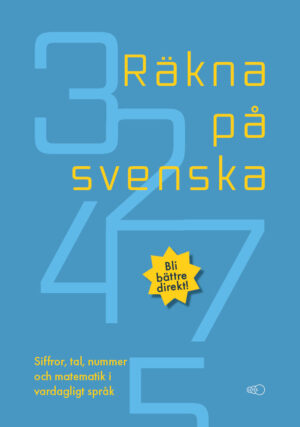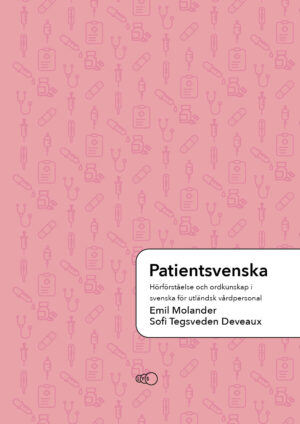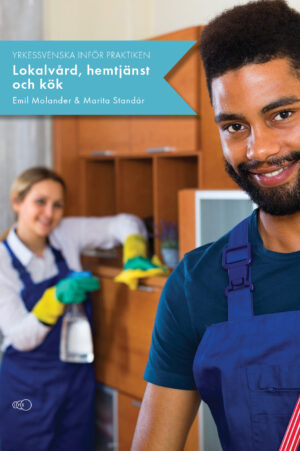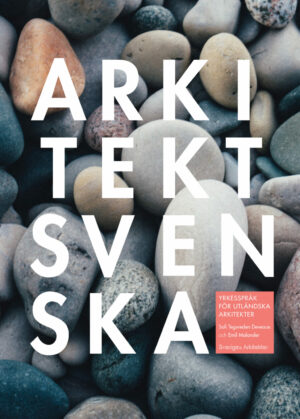Imagine you are a writer, and parallel to drafting your book — a crime novel — you are blogging under the name of the main character. Not to trick anyone, just for the fun of it and to explore your fictional character’s feelings and experiences. One day, you publish a post about the main character’s first encounter with the person who will later turn out to be a serial killer, although no one but yourself knows that the story will unfold this way. You describe the person (the serial killer), how she greets you, how she interacts with you, how she makes you feel awkward and unsure of what is going on. The next day, you wake up to plenty of comments on your blog, all sympathetic and understanding: I know the type, but don’t worry, this is just what typical Swedish people are like!
Interview by Sofi Tegsveden Deveaux
Interview with Claire Duffy, author of Stockholm Murders series
Imagine you are a writer, and parallel to drafting your book — a crime novel — you are blogging under the name of the main character. Not to trick anyone, just for the fun of it and to explore your fictional character’s feelings and experiences. One day, you publish a post about the main character’s first encounter with the person who will later turn out to be a serial killer, although no one but yourself knows that the story will unfold this way. You describe the person (the serial killer), how she greets you, how she interacts with you, how she makes you feel awkward and unsure of what is going on. The next day, you wake up to plenty of comments on your blog, all sympathetic and understanding: I know the type, but don’t worry, this is just what typical Swedish people are like!
This is what happened to Claire Duffy, author of psychological thriller Behind Blue Eyes, a crime novel she drafted when living in Stockholm. After many years in the film industry, she took a break working in a pre-school, and as the toddlers were having their nap, she was drafting the story of Ellie, a British journalist who moves to Stockholm.
A hasty decision
As anyone these days, Claire and I meet over Zoom. She is in Glasgow and I’m in Stockholm, but in fact, she is supposed to be here too. She tells me that in March 2020, she had just moved into a new, empty flat in Stockholm, ready to catch up on her Swedish life after having been living in Scotland for a while. Then the pandemic hit. She had to think fast and came to two conclusions: first, she decided that she’d be better off in Glasgow, where at least she had some furniture and a broadband connection. And who could have imagined this little hiccup would last more than five-six weeks. Second, she knew there was a toilet paper shortage in the UK. Hence, she took the first possible flight back, suitcase filled with loo roll, leaving her most essential belongings in Sweden. Now, almost a year later, she is so desperate to get back to Sweden that she is considering any means of transport, including a paddle board.
I want to know more about what made Claire set her crime novel in Stockholm and what sort of impact this environment had on the plot. I am, admittedly, expecting her to tell me she wanted to ride on the wave of Nordic Noir and its gloomy settings that have become so popular globally. However, it turns out Claire’s reasons are more personal. As anyone who has been new to Sweden, or any foreign country, knows, the experience is not always easy. Deprived of your social network, your language and a general sense of predictability, you become confused and vulnerable. Isn’t this setting — the unfamiliar and strange -—perfect for a psychological thriller?
How to tell the normal apart from the abnormal when everything is upside down
When you don’t speak the language or know the social codes, everything is slightly off, and even frightening at moments. How do you read people if you don’t know what the norm is? What can you expect from someone the first time you meet? I used to live in Scotland myself, and can easily relate when Claire talks about how to form friendships. She is — and I was — used to a drink after work leading to more drinks and why not a whole night and now we are best friends forever; but this is not how things work in Sweden. A Swedish drink after work will finish on schedule, and spontaneous socialising is a concept unheard of. As she walked home from endless far-too-civilised meet-ups having ended far too early, Claire started doubting herself and her ability to connect to others. Was the problem with her, or with the Swedes?
Maybe the comments that assured Claire that her serial killer was just a normal Swede are in fact very telling, but not about Swedish people resembling murderers but rather of the real-life experience of living abroad.
Read it
Are you curious about Behind Blue Eyes? Read our review here or buy the book right away (you should).


